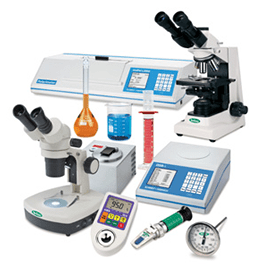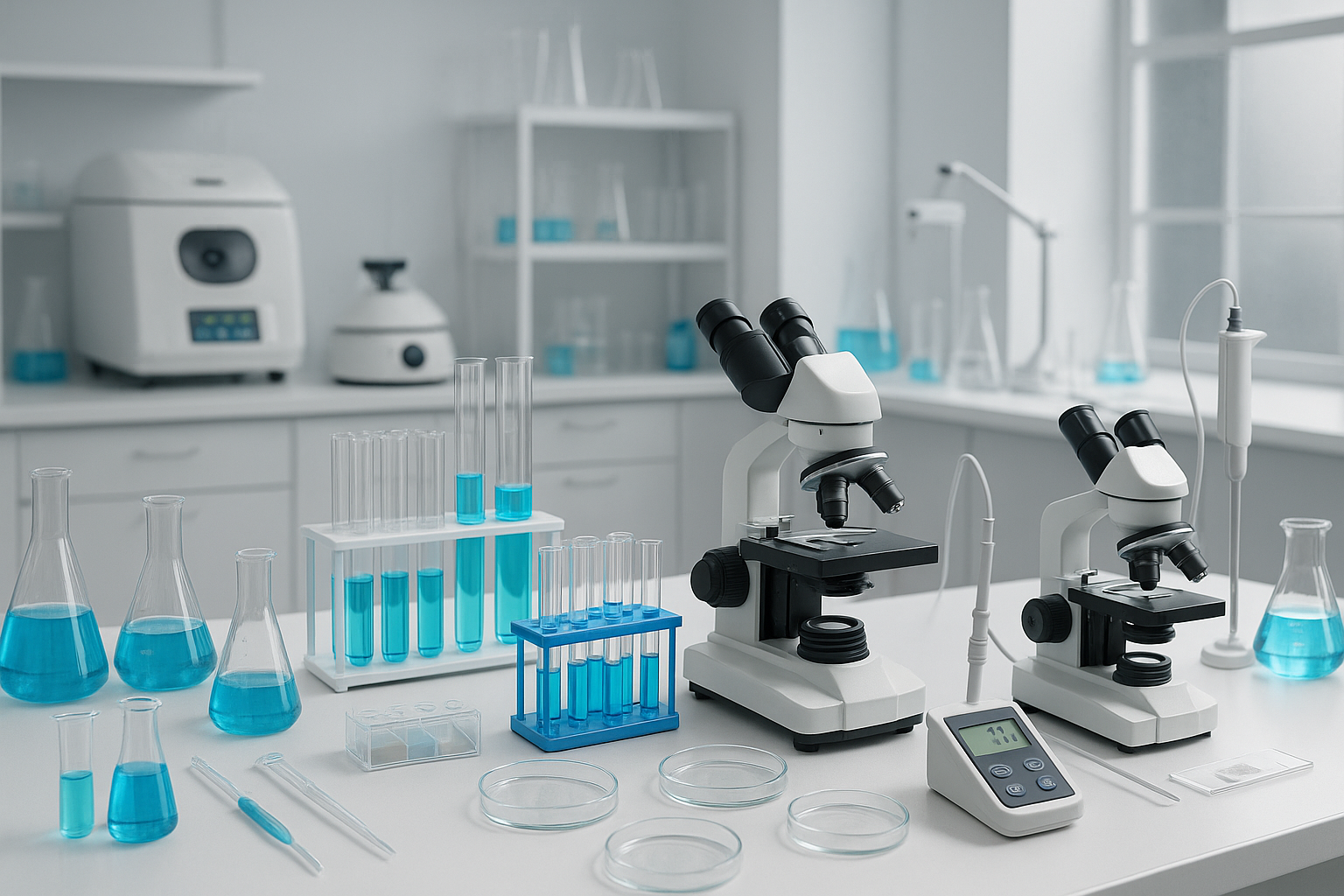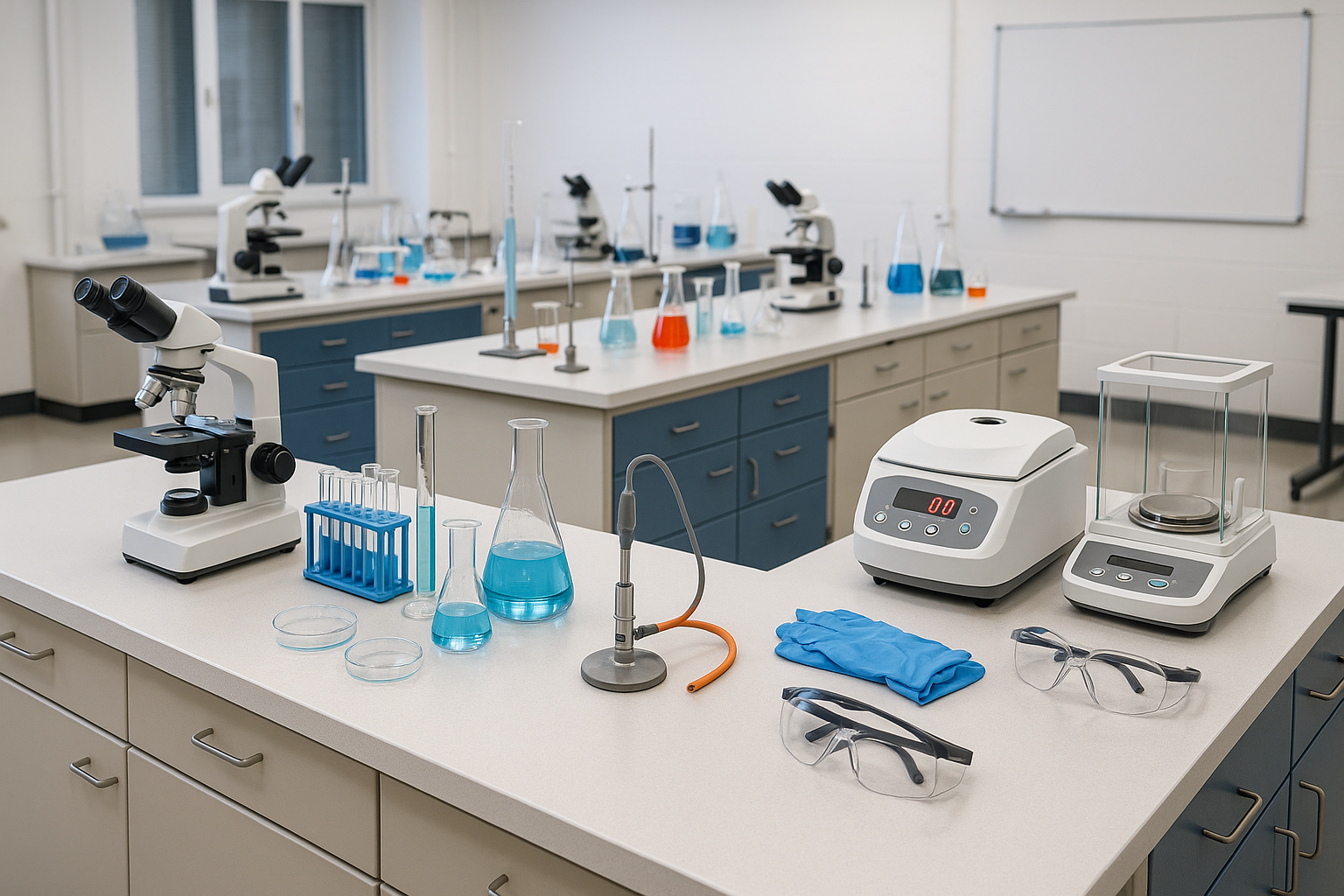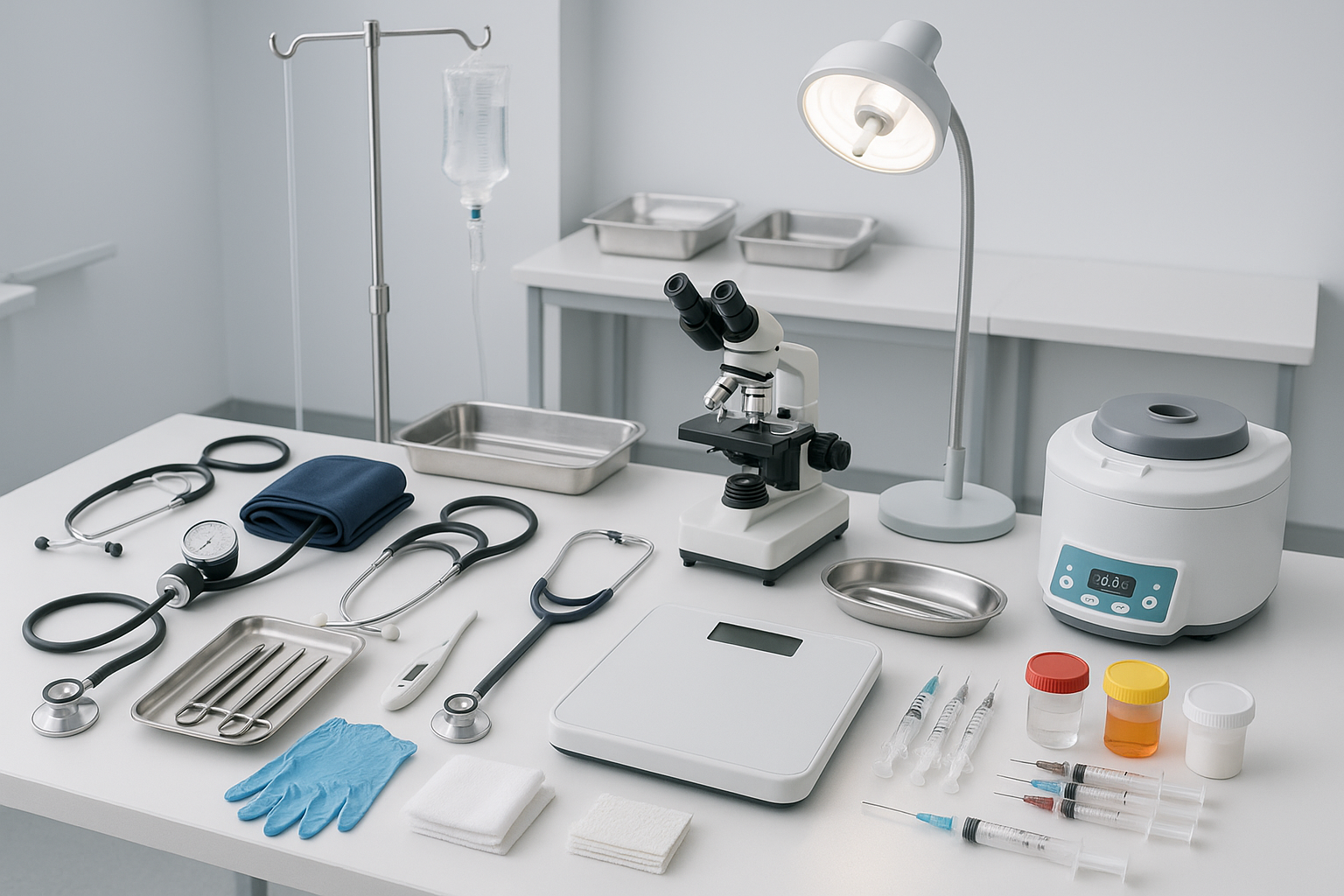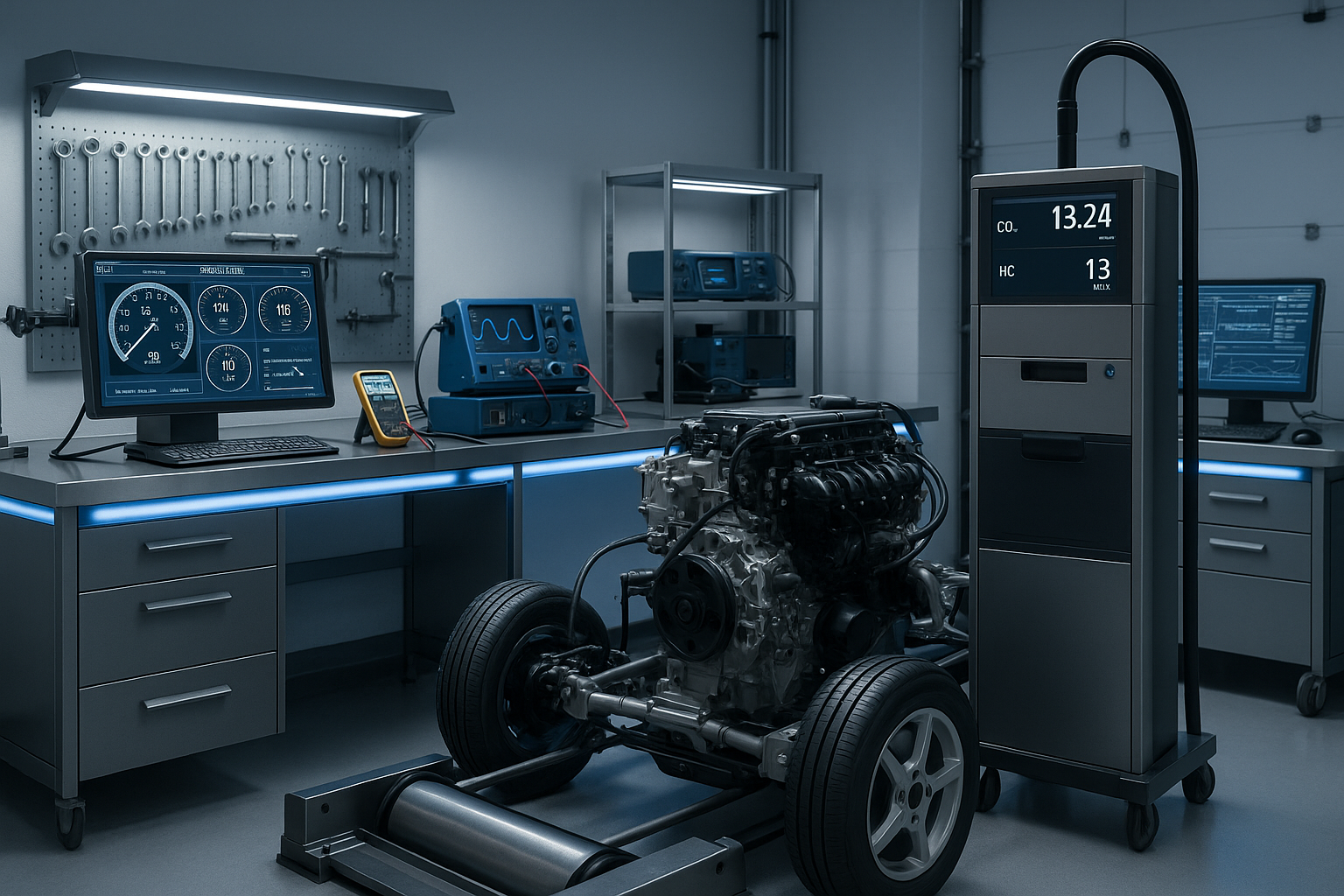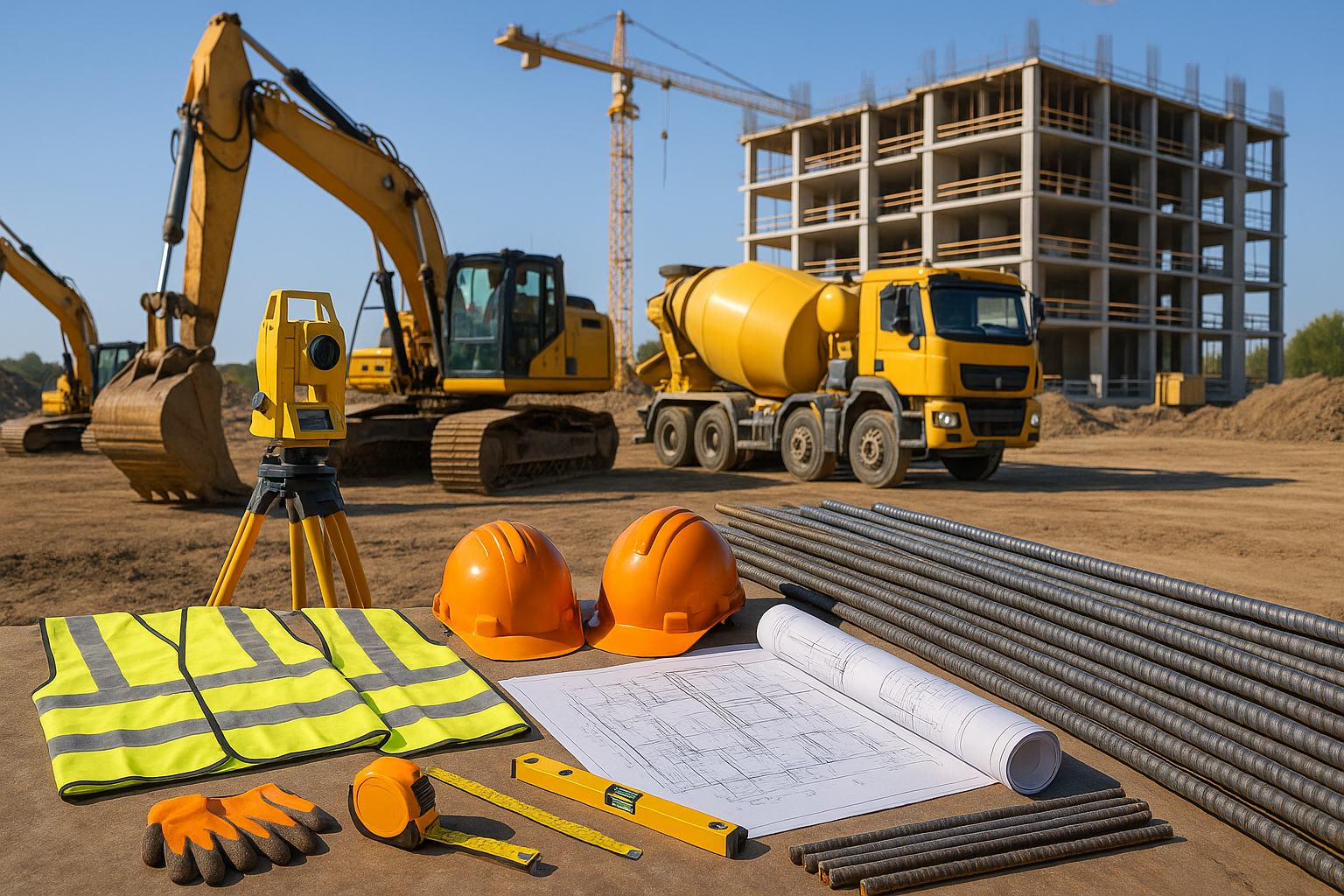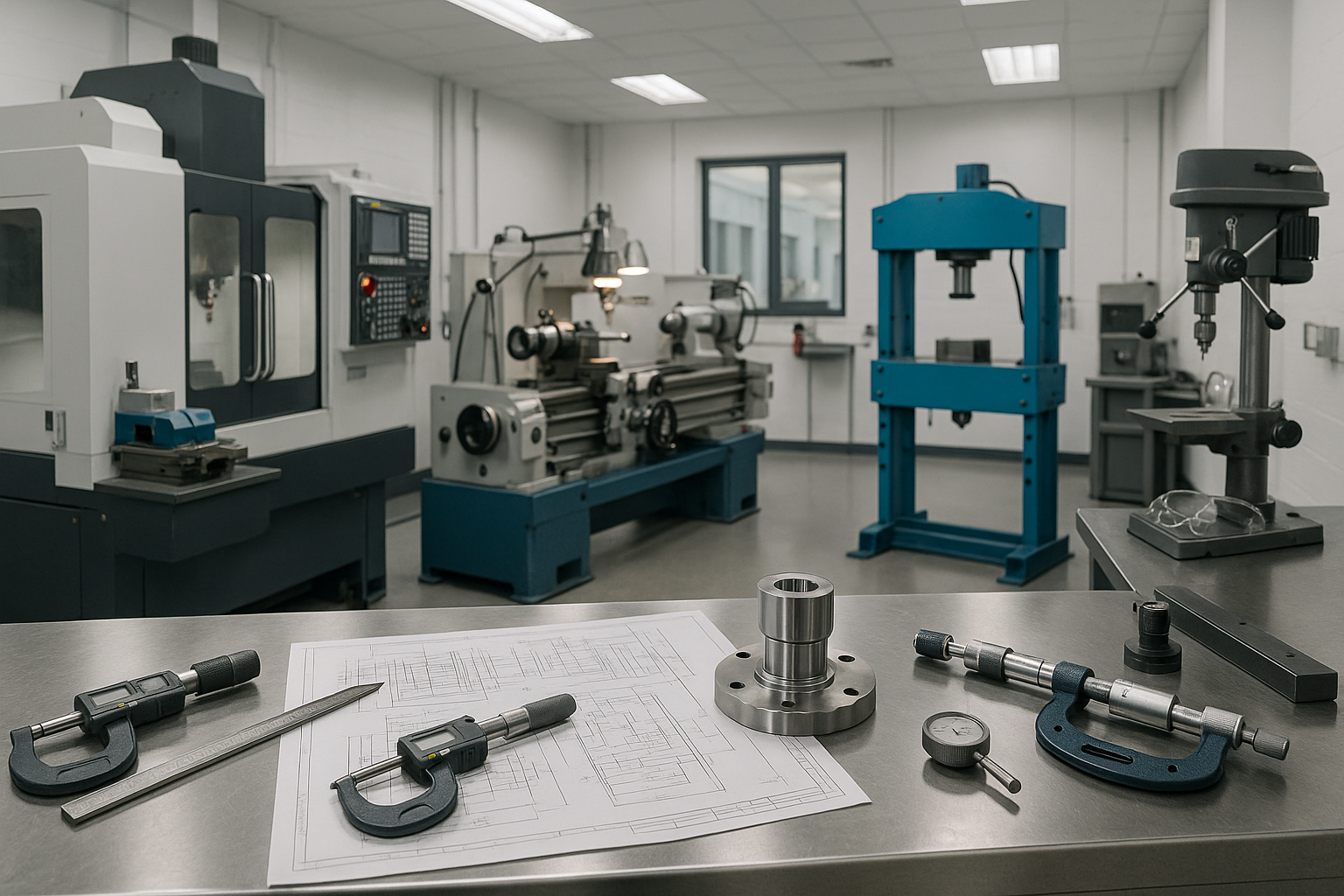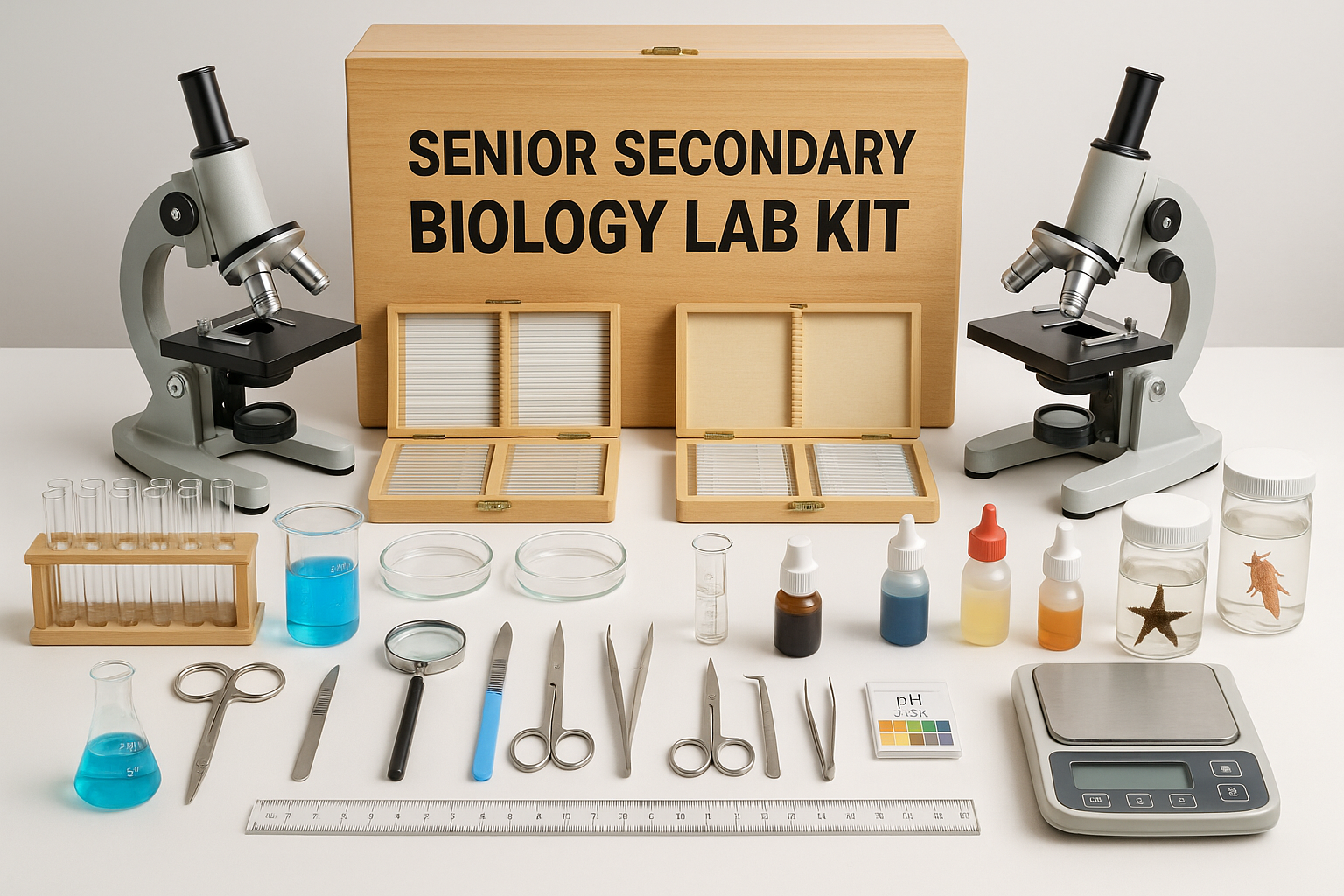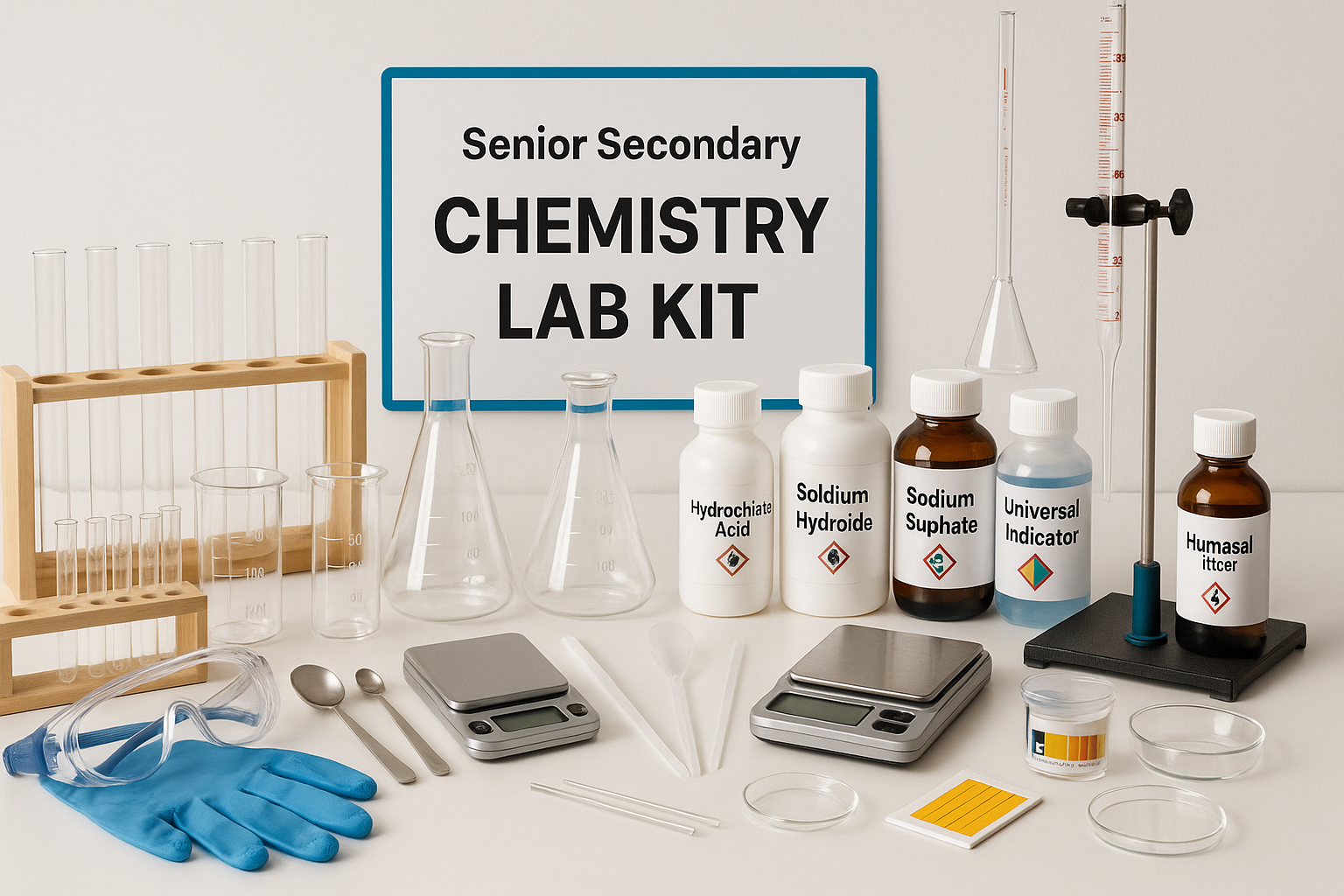Chemistry Lab Tools: Essential Equipment for Every Laboratory
Chemistry lab tools are fundamental components that facilitate a wide range of experiments and investigations in the field of chemistry. Understanding and utilizing these tools is crucial for accuracy, safety, and efficiency in any laboratory setting. In this comprehensive guide, we will explore the various types of chemistry lab tools available, their functions, and how they contribute to successful experiments.
Chemistry laboratories use a variety of equipment to perform experiments and analyze samples. Some common lab equipment includes:
-
Beakers: These are cylindrical glass containers with a flat bottom and a spout used for holding and pouring liquids.
-
Erlenmeyer flasks: These are conical-shaped glass containers used for holding and heating liquids. They have a narrow neck with a stopper to prevent spillage.
-
Test tubes: These are small cylindrical glass tubes used for holding small amounts of liquid or solid samples.
-
Graduated cylinders: These are tall, narrow, cylindrical glass containers used for measuring liquids.
-
Pipettes: These are small glass or plastic tubes used for measuring and transferring small volumes of liquids.
-
Burettes: These are long, thin glass tubes used for accurately measuring and dispensing liquids.
-
Funnel: A funnel is a conical-shaped tool with a small opening at the tip and a wide mouth that is used for transferring liquids or powders into containers.
-
Hot plate: A hot plate is an electrical device that is used for heating solutions or other materials in a lab.
-
Thermometer: A thermometer is used for measuring temperature in degrees Celsius or Fahrenheit.
-
Microscope: A microscope is used for viewing small objects or specimens in detail.
-
pH meter: A pH meter is an electronic device used for measuring the acidity or alkalinity of a solution.
-
Spectrophotometer: A spectrophotometer is an instrument used for measuring the amount of light absorbed or transmitted by a sample.
-
Centrifuge: A centrifuge is a machine used for separating substances of different densities in a solution.
-
Bunsen burner: A Bunsen burner is a device used for heating materials in a lab by producing a flame.
-
Safety goggles: Safety goggles are used for protecting the eyes from chemical splashes or other hazards.
These are just a few examples of the equipment used in chemistry laboratories. The specific equipment needed will depend on the experiments being performed and the type of analysis required.
LABORATORYDEAL India maintains a good quality assurance of all its products and provides lab equipment at affordable and eco-friendly rates. The company provides lab equipment throughout and outside the country and has a network of dealers and distributors in various states, including Andhra Pradesh, Arunachal Pradesh, Assam, Bihar, Chhattisgarh, Goa, Gujarat, Haryana, Himachal Pradesh, Jharkhand, Karnataka, Kerala, Madhya Pradesh, Maharashtra, Manipur, Meghalaya, Mizoram, Nagaland, Odisha, Punjab, Rajasthan, Sikkim, Tamil Nadu, Telangana, Tripura, Uttar Pradesh, Uttarakhand, and West Bengal
First and foremost, let's highlight the importance of safety equipment within a chemistry lab. Personal protective equipment (PPE) such as lab coats, gloves, and goggles should be prioritized to protect individuals from hazardous substances. A fume hood also plays a critical role in maintaining safety by ventilating harmful vapors during experiments.
Next, consider the essential laboratory instruments used for measurement and analysis. Analytical balances are vital for precise weight measurements, while volumetric flasks and pipettes are crucial for the accurate measurement of liquids. Burettes, with their fine control for dispensing liquids, are also a staple in titrations.
In addition to measurement tools, you will find a range of glassware used in chemistry labs. Beakers, flasks, and test tubes serve different purposes, from mixing chemicals to holding reactions. Each piece of glassware is designed to withstand various temperatures and pressures, which is essential for achieving accurate results.
When it comes to performing experiments, heating equipment is indispensable. Bunsen burners provide a flame for heating, while hot plates offer a controlled surface for simmering and boiling substances. Additionally, incubators and ovens may be employed for more specific temperature control during chemical reactions.
A variety of chemistry lab tools are also available for analyzing substances. Spectrophotometers, for instance, are used to measure the intensity of light absorbed by a solution, which can be correlated to concentration levels of specific chemicals. Chromatographs are other essential instruments that help separate components in mixtures, allowing chemists to identify and quantify substances within those mixtures.
To properly conduct experiments and maintain organized records, lab notebooks and data loggers are essential tools. Documentation not only aids in interpreting results but is also essential for sharing findings with the scientific community. Electronic lab notebooks (ELNs) have become increasingly popular for their ease of use and accessibility.
Moreover, let's discuss the role of cleaning and maintenance tools in a chemistry lab. Proper cleaning supplies, such as brushes, sponges, and solvents, are critical in maintaining the integrity of glassware and other instruments. Neglecting cleanliness can lead to contamination and skewed results in experiments.
It is also essential for labs to equip themselves with first-aid kits and emergency equipment like safety showers and eyewash stations. In case of accidental exposure to harmful substances, having these safety measures in place can be life-saving.
Overall, the variety of chemistry lab tools available today provides chemists with the necessary means to conduct experiments effectively. Each tool has a specific role, contributing to the accurate and safe handling of chemicals. With a solid understanding of these essential chemistry lab tools, individuals can enhance their laboratory skills and practices, paving the way for successful scientific exploration and discovery.
In conclusion, the proper use and maintenance of chemistry lab tools are integral to achieving reliable results in laboratory experiments. Whether you are a student, educator, or professional chemist, being knowledgeable about the variety of equipment available and its applications will greatly enhance your ability to perform rigorous scientific experiments. Embracing safety protocols, employing accurate measuring devices, and maintaining cleanliness are all part of establishing a productive laboratory environment. Armed with this knowledge around chemistry lab tools and equipment, you can approach your chemical research with confidence and precision.

